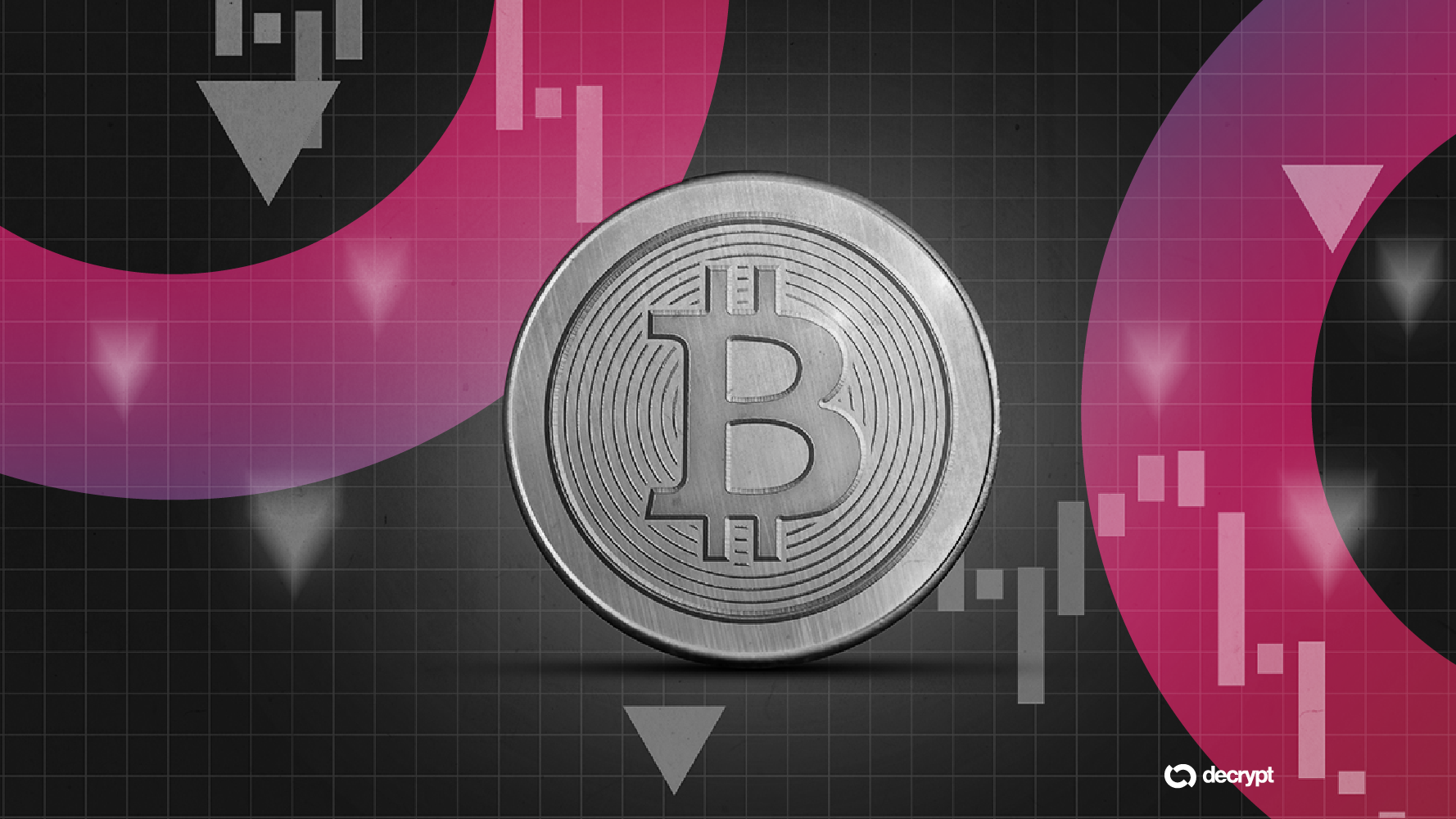The Monetary Authority of Singapore (MAS) plans to trial tokenized bills settled with wholesale central bank digital currency (CBDC) as the next phase of integrating blockchain-based finance into its economy.
The Singapore central bank is also preparing draft legislation for a stablecoin regulatory regime, MAS managing director Chia Der Jiun said at Singapore Fintech Festival on Thursday.
“If tokenized transactions are to scale globally, then these settlement assets must be no less robust and safe,” Der Jiun said. “At the current stage, market participants are experimenting with different settlement assets for different use cases.”
Tokenization refers to representing real-world assets (RWAs) such as bonds or equities as digital tokens that can be bought and sold on blockchains.
Der Jiun described how tokenized bank liabilities benefit from current regulatory requirements that “underpin value stability and singleness of money,” which the central bank plans to trial through tokenized government debt backed by wholesale CBDC.
A wholesale CBDC is a digital form of fiat currency used by financial institutions to settle large-value transactions. It differs from a retail CBDC, which would be used by the public as a digital form of cash.
The MAS sees a wholesale CBDC as an anchor for a system in which private settlement assets are used for different market needs.
“If some regulated stablecoins become systemic, regulatory frameworks will need to be strengthened further,” Der Jiun added.
To this end, he said, MAS’ draft stablecoin regulatory regime will prioritize sound reserve backing and redemption reliability.
Among central banks, MAS has been at the forefront of developing a regulated regime for tokenization and digital assets as a means of settlement. Project Guardian, which dates back to 2022, is a MAS-led effort to test uses cases for tokenization in areas such as foreign exchange and fixed income to achieve near-instant settlement with fewer intermediaries.
Source: https://www.coindesk.com/policy/2025/11/13/singapore-s-central-bank-to-trial-tokenized-bills-introduce-stablecoin-laws


